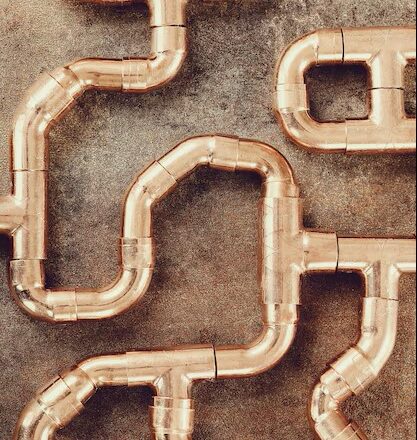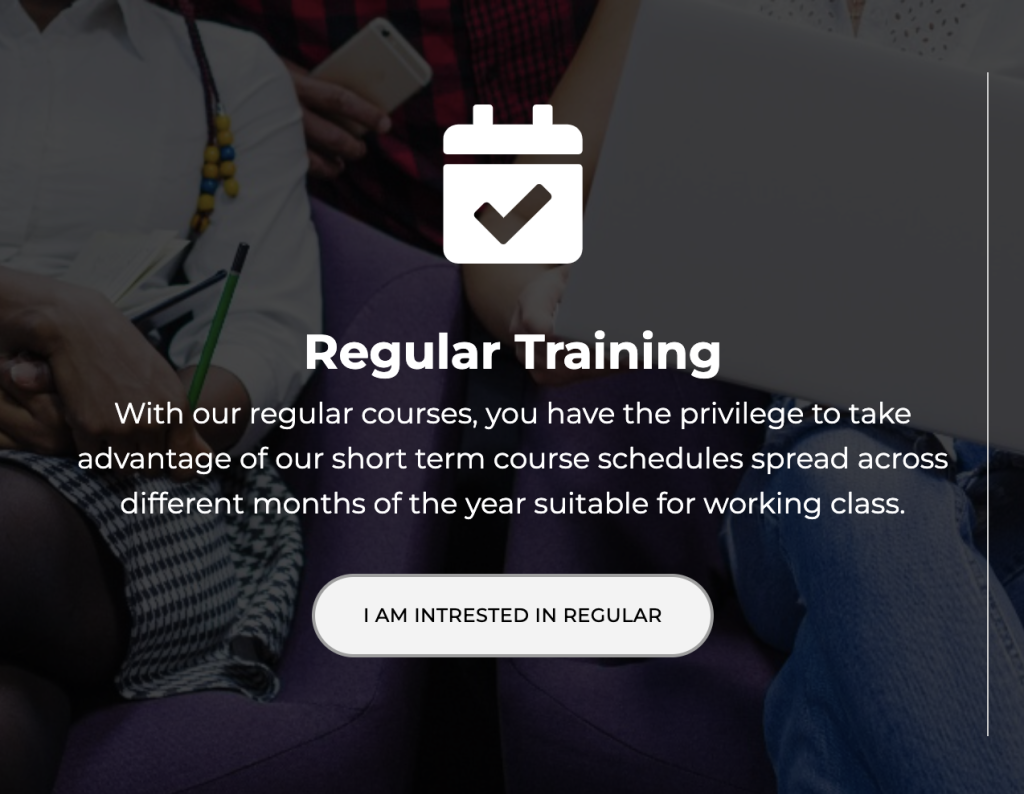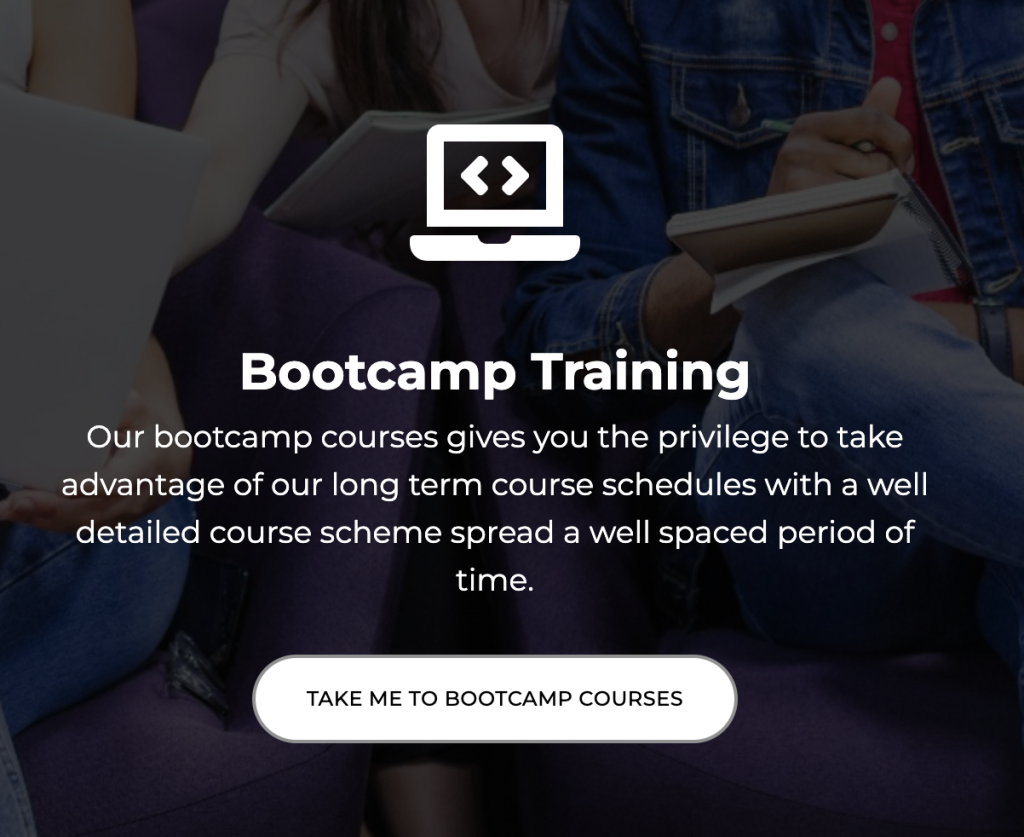- Description
- Reviews
Course Overview
This 5-day specialised training program is designed to equip drilling professionals with the knowledge and skills necessary to prevent and manage stuck pipe incidents. As one of the most frequent and costly issues in drilling operations, stuck pipe incidents can significantly impact operational efficiency and safety. This course provides an in-depth understanding of the types of stuck pipe incidents—differential sticking, mechanical sticking, and formation-related challenges—along with their root causes.
Course Objectives
By the end of this course, participants will be able to:
-
Understand the different types of stuck pipe incidents and their root causes.
-
Detect early warning signs of stuck pipe situations during drilling operations.
-
Apply best practices in drilling techniques to minimise the risk of stuck pipe incidents.
-
Optimise mud systems and maintain effective hole cleaning for improved drilling performance.
-
Conduct risk assessments and implement mitigation strategies to reduce the likelihood of stuck pipe events.
-
Employ troubleshooting and recovery techniques to resolve stuck pipe incidents efficiently.
Target Audience
-
Drilling engineers and supervisors.
-
Rig managers and operators.
-
Wellsite geologists and technicians.
-
Mud engineers and fluid specialists.
-
Personnel involved in drilling operations planning and execution.
-
Professionals seeking to enhance their knowledge of stuck pipe prevention and management.
Daily Agenda
Day One: Introduction to Stuck Pipe Incidents
-
Overview of Stuck Pipe Challenges: Types, impact, and frequency of stuck pipe incidents in drilling operations.
-
Root Cause Analysis: Understanding the causes of stuck pipe, including operational, mechanical, and geological factors.
-
Types of Stuck Pipe Incidents: Differential sticking, mechanical sticking, and formation-related issues.
-
Warning Signs and Indicators: Recognising early signs of potential stuck pipe situations.
-
Introduction to Risk Mitigation: Importance of preventive planning and practices.
Day Two: Drilling Techniques and Stuck Pipe Prevention
-
Optimising Drilling Parameters: Adjusting weight on bit, rotary speed, and drilling fluid properties.
-
Hole Cleaning Techniques: Maintaining clean boreholes to prevent cuttings accumulation.
-
Mud Systems and Fluids: Designing and optimising mud systems for effective lubrication and stability.
-
Wellbore Stability Management: Identifying and mitigating wellbore instability risks.
-
Case Study: Analysing a stuck pipe incident caused by poor drilling practices.
Day Three: Advanced Tools and Technologies
-
Use of Downhole Tools: Employing tools like stabilisers and reamers to prevent sticking.
-
Monitoring and Data Analysis: Leveraging real-time data for early detection of stuck pipe risks.
-
Hydraulic Modelling: Simulating mud flow and pressure to enhance drilling efficiency.
-
Specialised Equipment and Techniques: Tools and methods for freeing stuck pipe.
-
Workshop: Applying advanced tools to simulated stuck pipe scenarios.
Day Four: Troubleshooting and Incident Management
-
Stuck Pipe Recovery Methods: Techniques such as back reaming, jarring, and side-tracking.
-
Decision-Making Under Pressure: Assessing the situation and selecting the appropriate recovery strategy.
-
Contingency Planning: Preparing for unexpected stuck pipe events.
-
Cost and Time Analysis: Evaluating the financial and operational impact of stuck pipe incidents.
-
Practical Exercises: Developing and presenting recovery plans for specific case studies.
Day Five: Integrating Prevention and Management Strategies
-
Integrated Approach to Stuck Pipe Prevention: Combining operational, mechanical, and geological solutions.
-
Collaboration Across Teams: Enhancing communication between engineers, geologists, and rig personnel.
-
Continuous Improvement: Incorporating lessons learned into future drilling programs.
-
Final Assessment: Evaluating participants’ understanding through a practical exercise.
-
Wrap-Up: Review of key concepts and best practices for stuck pipe prevention and management.
Why Choose this Course?
This course offers a comprehensive approach to understanding and preventing stuck pipe incidents in drilling operations. With a focus on practical applications and real-world case studies, participants will gain the skills to implement preventive measures, troubleshoot effectively, and minimise downtime. The training combines theoretical knowledge with hands-on exercises, ensuring participants are well-prepared to tackle stuck pipe challenges and enhance operational efficiency.
Learning Outcomes
Upon completion of the course, participants will:
-
Have a thorough understanding of stuck pipe incidents and their causes.
-
Be proficient in early detection and risk mitigation techniques.
-
Know how to optimise drilling parameters and fluid systems to prevent stuck pipe.
-
Be equipped with practical skills to troubleshoot and resolve stuck pipe incidents.
-
Develop strategies to integrate preventive practices into drilling operations.





